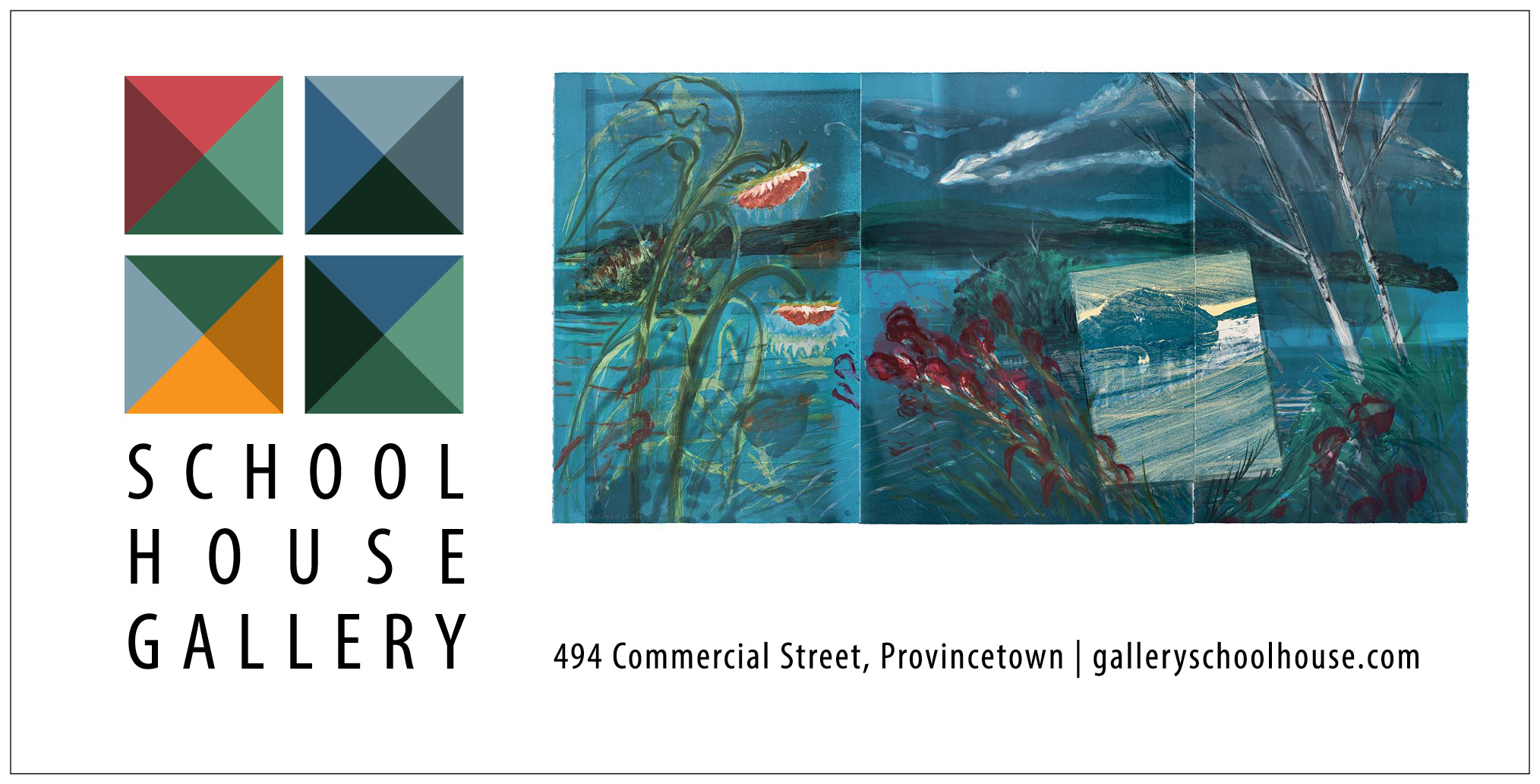Look at what you are holding in your hands (or reading online). It is the creation of a group of people dedicated to bringing you the stories of the Outer Cape. It is local journalism, of and by the people who actually live here.
That’s a rare thing, and getting rarer, shrinking like a pitiful Arctic iceberg on this hot summer day. More than 65 million Americans have access to at most one local newspaper and many to none at all. Consider this: over half of all U.S. print newsroom jobs were lost between 2008 and last year — before the pandemic descended.
Perhaps, as with many aspects of our lives, you never bothered to think about how something like a weekly newspaper is put together. Think about it now: out of the whole cloth of everything going on is fashioned a version as close as possible to reality — admittedly, a version of reality.
Think about the challenges of this enterprise: how to prioritize events and happenings, what is newsworthy, when is it too late to tell a story, when is it premature? What will be helpful and what may in fact be harmful?
Think of your own life: What if I asked you to sum up your situation? Where would you start? At the beginning, or the end? How will your story affect those around you? Are you even the best judge of what is important about your “one wild and precious life,” as Mary Oliver put it. Now multiply your story to include your family, your community, your region — the world.
I was present at the birthing session of an edition of this newspaper back before social distancing. About a dozen people were sitting or standing about a long table, women and men of all ages; they were variously paying attention to each other and to their screens, laptops, and phones (and eating rye bread and drinking tea), facing a whiteboard festooned with columns, lists, ideas, categories. Someone (the editor) directs the interaction with this board, pitching ideas, questioning details, assigning people to tasks.
But there is more. He asks: What makes a story important? What are the details that reveal it? Where did this all come from and where does it fit in? This kind of reporting is not easy. The mortals in this room make the attempt with humility and some semblance of self-knowledge and a heap of good humor.
I don’t really know what is important and what is not. I am not fully aware of the connection between my life and the events around me. I can’t judge, from my relatively cloistered and self-centered existence, what the next Big Thing will be. I would just as soon be left alone, but there is a part of me that realizes that I must connect to events that may or not be momentous. Just as I rely on the farmer to grow my food, and the police officer to protect me, I look to my local journalist to help me make sense of my life, its context, and the world around me.
That does not mean I agree with the journalist’s every word. I will rage or fulminate when I think they have the story just a bit wrong. But I appreciate them when they turn over a stone formerly lodged, or explain an issue that I did not fully understand. I am happy to hear of a baby newborn, and grateful to read stories of those citizens who have passed on — in some ways the only true news. I am glad that we are not one of those places without a real local newspaper.
Like most poets and artists, these people are not reaping huge (or even adequate) monetary rewards, but they are providing a service that not only enhances my life but, I am realizing as I look at our nation’s loss of journalists, may be essential to keeping me free.



